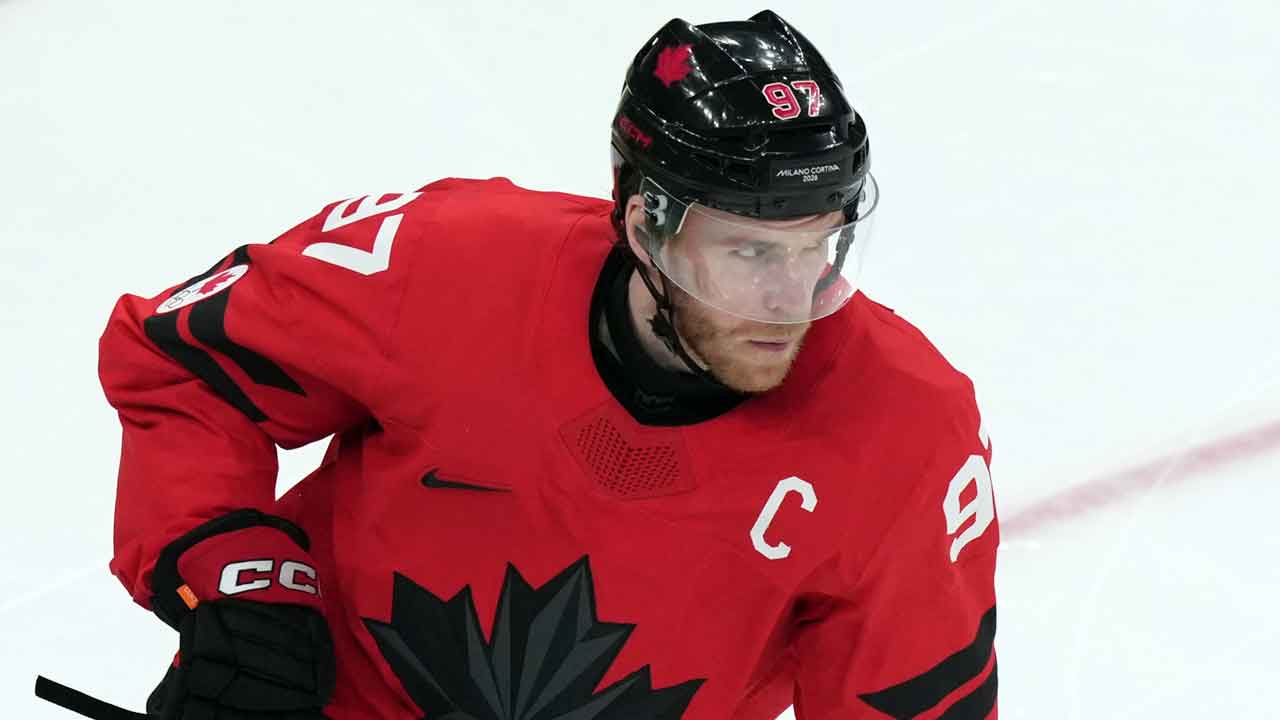
When I was on the front lines covering the NHL lockout in 2012-13, I sat down with the chief negotiator from a major Canadian company to gain insight into what happens behind closed doors during a contentious collective bargaining process.
The most enlightening piece of information he shared is that skilled negotiators like Gary Bettman and Donald Fehr always know where the deal is.
That is, no matter how chaotic things get among their respective constituencies or how emotional discussions turn at the bargaining table, those in charge would always recognize where they had to get to, and when, in order to start down the road to a settlement.
Why that anecdote is relevant here is because it helps illustrate how unique the COVID-19 pandemic is for a whip-smart commissioner now in his 28th year running the league. Even during the most turbulent times of Bettman’s tenure with the NHL — the three lockouts — he maintained a stronger degree of control over the process than was probably evident to most of us on the outside looking in.
But today, with North America at a standstill because of a health crisis unlike any we’ve seen before in our lifetimes, there should be no illusion of authority or control. This is even beyond the scope of someone leading a multi-billion dollar enterprise, and Bettman freely admits that the return-to-play modelling and planning he’s overseeing at the league office may wind up being for naught.
“Listen, the decision ultimately will be made by medical people and people who run governments at all different levels, so we’re not going to try and do anything that flies in the face of what we’re being told is appropriate,” Bettman said during a candid interview on Ron MacLean’s ‘In Conversation’ show Wednesday night.
This is an essential piece of context to consider when examining any droplet of information that leaks out about how the NHL might reasonably conclude its 2019-20 season.
Right now the best-case scenario would see the remaining 189 regular-season games played tournament-style in four centralized NHL cities. That means as many as three games per day, per venue, and almost certainly no fans in the building — a concept first reported this week by Sportsnet’s Elliotte Friedman.
It would be followed by a post-season that runs through the summer and ultimately produces a Stanley Cup champion.
“That would be ideal,” Bettman told MacLean. “But that’s one of the numerous models we’re looking at and if we can’t do ideal, if we can’t do perfect, we’re going to have to figure out what’s next to perfect.”
The league must keep its options open in a third of NHL cities because there’s no telling how the coronavirus might spread in the coming months or how warm individual governments might remain to the idea of NHL games in their jurisdictions as July approaches.
Bettman noted that they might ultimately decide to use two centralized locations rather than four — or perhaps expand the playoff field rather than trying to complete the regular season in whole or in part.
“All of this is contingent. Nothing has been decided,” he said. “This is just part of the modelling I talked about where we’re making sure we’re prepared for any eventuality. … It’s not something that we can predict right at this moment.”
The challenges brought on by the coronavirus demand flexibility, not to mention the ceding of any meaningful level of power over events. It was somewhat surprising to hear Bettman refer to this week’s proposal of an in-season June draft as a “trial balloon” he presented to general managers if only because that’s not typically how business is done in his league.
He’s not a commissioner known to tackle issues through consensus-building.
He’s usually weighed every pro and con before the other smart people in the room have even framed the debate.
Consider it a sign of the times that Bettman is assuming a different stance now — still very much leading the internal search for solutions, of course, but leaning heavily on an infectious disease consultant and medical advisors and governments.
He’s steered the NHL through its share of storms over the years and may never encounter a financial challenge as great as this one ultimately becomes, but he’s already recognized that the solution to the problem won’t be found in racing against other leagues or rushing something into place.
Instead, the NHL commissioner will watch how this unfolds and take his cues from the experts.
“We’re going to need time to come back right,” said Bettman. “And when we come back, it’ll be having done the right things. And if it means we’re not first, so what? We’re over 100 years old as a league.
“We’re not going anywhere.”





